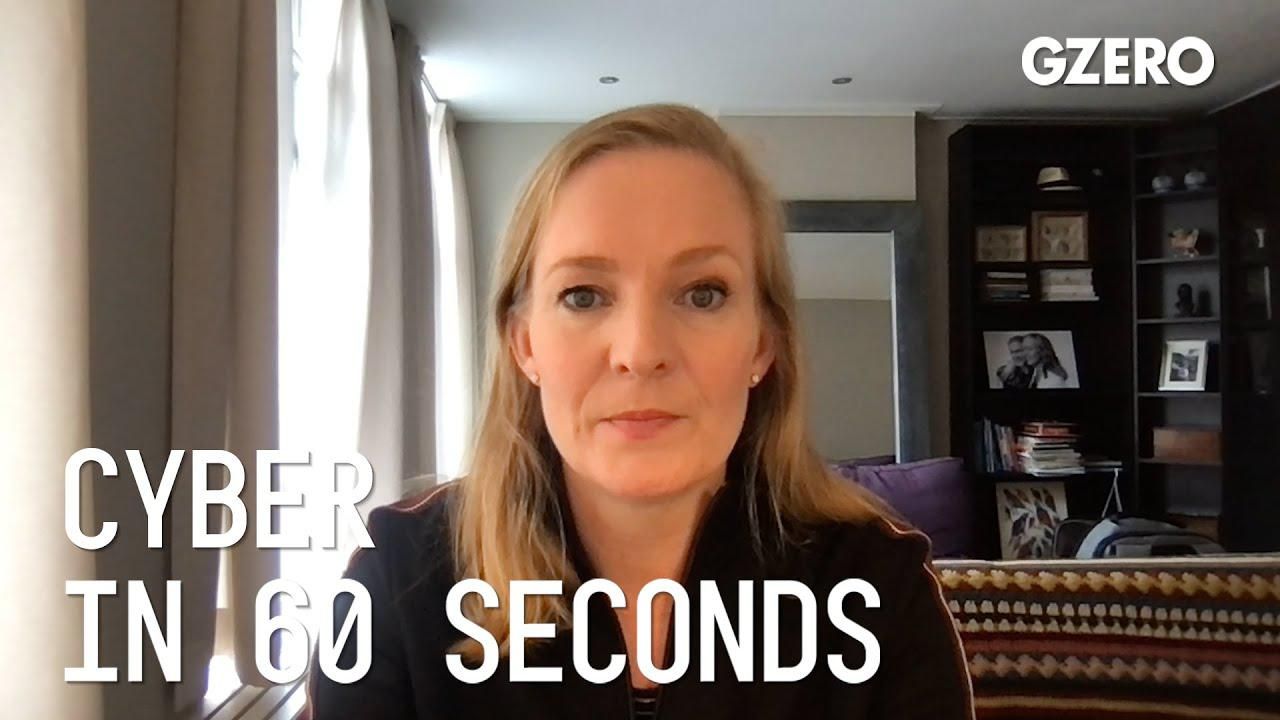
Marietje Schaake, International Policy Director at Stanford's Cyber Policy Center, Eurasia Group senior advisor and former MEP, discusses trends in big tech, privacy protection and cyberspace:
Cuba has curbed access to messaging apps amid protests. How controlled and censored is Cuba's internet?
Well, any debate and criticism is tightly controlled in Cuba, including through information, monitoring and monopoly. But activists such as blogger Yoani Sánchez have always been brave in defying repression and making sure that messages of Cubans reached others online across the world. Now mobile internet has become accessible to Cubans since about two years, but accessing it remains incredibly expensive. But the fact that the regime in Cuba once again seeks to censor people through shutting down internet services actually shows it is its Achilles' heel. As Yoani has said, the Castros have lost the internet.
On a different note, the FCC is finalizing a program to replace Huawei equipment in the United States. Will Europe soon make a similar move?
Well, I wouldn't wait for it, although pressure is growing against Huawei in Europe too. Sweden has taken a tough line along with Eastern European countries, while a country like Spain has sought a much more gradual approach. And one of the main challenges for Europeans is to ensure a united position at the intersection of its single market and 27 nationally decided national security thresholds. It is a question also impacting universities as they continue to accept research grants from companies like Huawei.